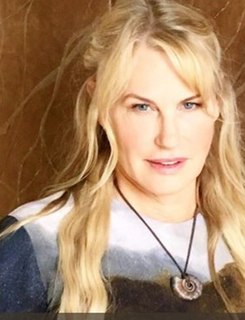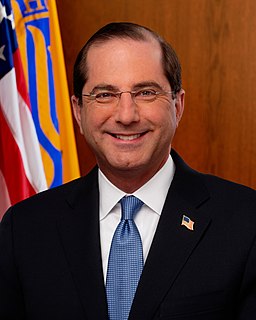A Quote by Stella Young
Physical access is one of the very first issues disability rights activists of the 1960s and '70s fought for.
Related Quotes
In the very first debate I was asked am I a moderate or a progressive and I said I'm a progressive who likes to get things done. Cherry picking a quote here or there doesn't change my record of having fought for racial justice, having fought for kids rights, having fought the kind of inequities that fueled my interest in service in the first place going back to my days in the Children's Defense Fund.
The first thing we should be concerned about the BLM movement should be the issues that the Black Lives Matter movement is bringing forward. There's no fundamental platform being brought by activists in Oakland, Baltimore, or New Jersey. The main issues that you see, the commonality between activists all around the country, are trying to deal with the challenges in the criminal justice system, something that is very much central to my work. So my hope is that people stay focused on the urgency to create justice here at home.
Named after four activists and their families who fought for its passage, the Trickett Wendler, Frank Mongiello, Jordan McLinn, and Matthew Bellina Right to Try Act of 2017 establishes a new pathway for access to unapproved, investigational treatments. These four Americans fought for the Right to Try because they didn't want to give up.
Civil libertarian activists are found overwhelmingly on the left. Their right-wing brethren have been concerned with issues more important than civil rights, voting rights, abuses by police and the military, and the subordination of politics to religion - issues like the campaign to expand human freedom by turning highways over to toll-extracting private corporations and the crusade to funnel money from Social Security to Wall Street brokerage firms.


































